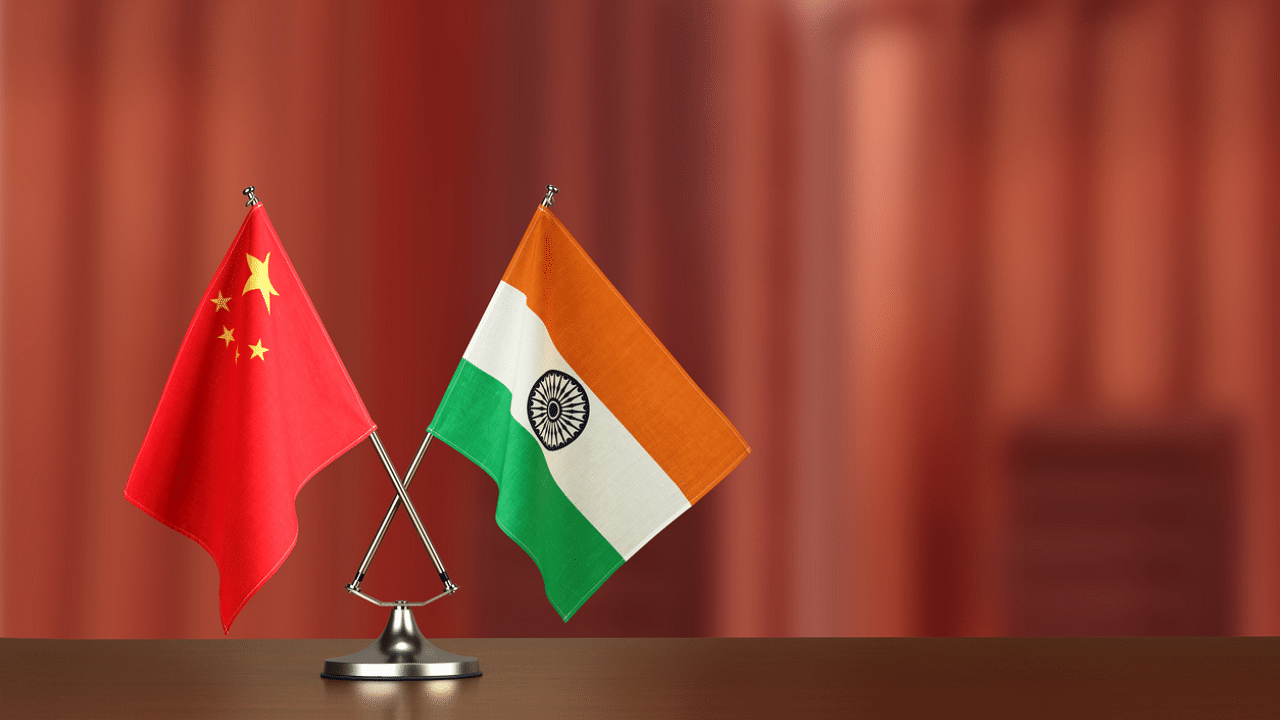
Less than a week after External Affairs Minister S Jaishankar and Chinese Foreign Minister Wang Yi agreed on five points during a meeting in Moscow, Beijing on Wednesday put on New Delhi the onus of implementing the consensus to resolve the four military stand-offs along the disputed boundary between the two nations.
The “most urgent task” is for the Indian Army to “correct its wrongdoing” in China-India border areas, “disengage” from the points of the face-off with the Chinese People’s Liberation Army (PLA) “as soon as possible” and take “concrete actions” to defuse tension, Wang Wenbin, a spokesperson of the Ministry of Foreign Affairs of the communist country’s government, said in Beijing.
He also said that India, not China, was responsible for the escalation of tension along the disputed boundary. He accused the Indian Army of first crossing the Line of Actual Control (LAC) and unilaterally changing the status quo and violating agreements and important consensus reached between the two sides as well as posing threat to the security of the Chinese PLA personnel.
Jaishankar and Wang had a meeting on the side-line of a conclave of the Foreign Ministers of the Shanghai Cooperation Organization (SCO) in Moscow last Thursday. They agreed that the current situation in India-China border areas was “not in the interest of either side” and hence the Indian Army and the Chinese PLA “should continue their dialogue, quickly disengage, maintain proper distance and ease the tension”, according to a joint statement issued early on Friday.
The meeting was expected to result in the resumption of the stalled dialogue between the senior military commanders of the two nations – Lt Gen Harinder Singh and Maj Gen Liu Lin of the Chinese PLA – in order to end the impasse over the process of disengagement or mutual withdrawal of the troops from the face-off scenes.
Singh and Liu earlier had five rounds of talks, but they did not have any meetings after the fifth on August 2. The talks were however stalled as the Chinese PLA declined to adhere to the process it mutually agreed with the Indian Army for pulling back soldiers from the face-off scenes.
“China is willing to continue to maintain dialogue and consultation with India through diplomatic and military channels, and work together to maintain peace and tranquility in the border area,” Wen said in Beijing.
Though no fresh untoward incident was reported from the LAC over the past few days after the Jaishankar-Wang meeting, hopes for an early end to the stand-off are diminishing in New Delhi.
Sun Weidong, Beijing’s envoy to New Delhi, on Monday, referred to the August 31 statement issued by the Ministry of Defence of the Government of India claiming that the Indian Army troops had pre-empted a military move by the Chinese PLA on the southern bank of Pangong Tso. He said that the statement itself “revealed” that the Indian Army had illegally crossed the LAC and changed the status quo in the border areas.
